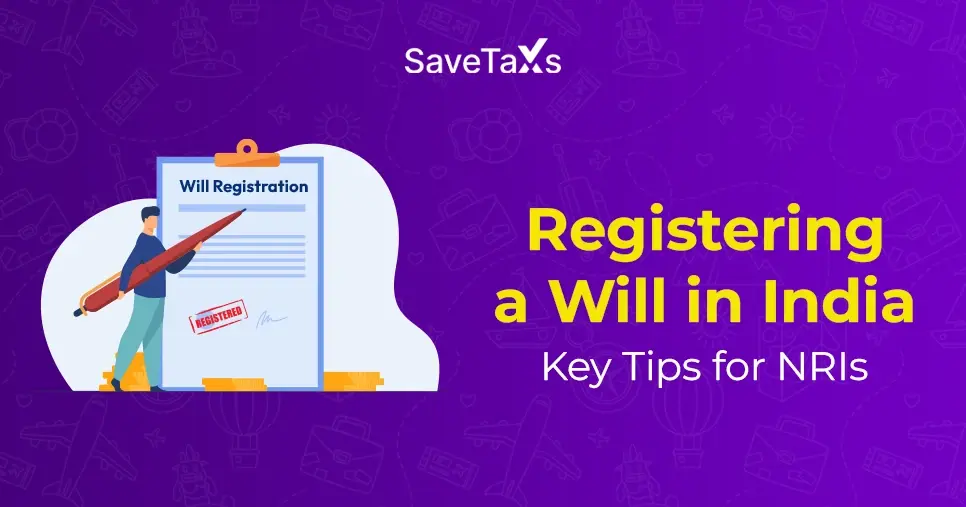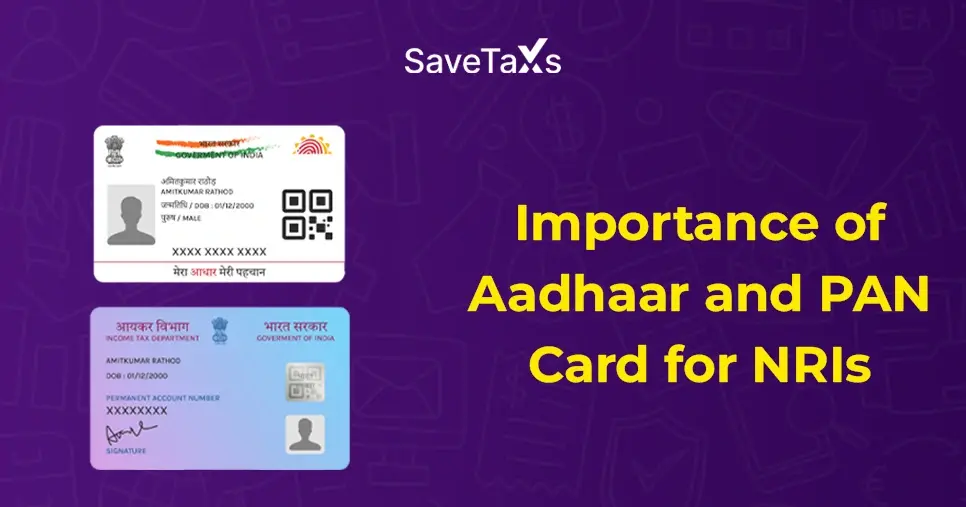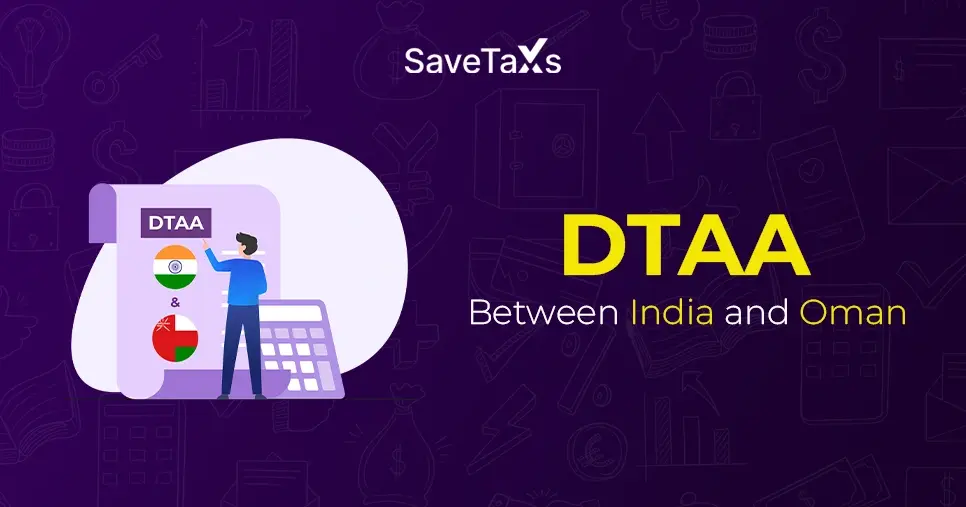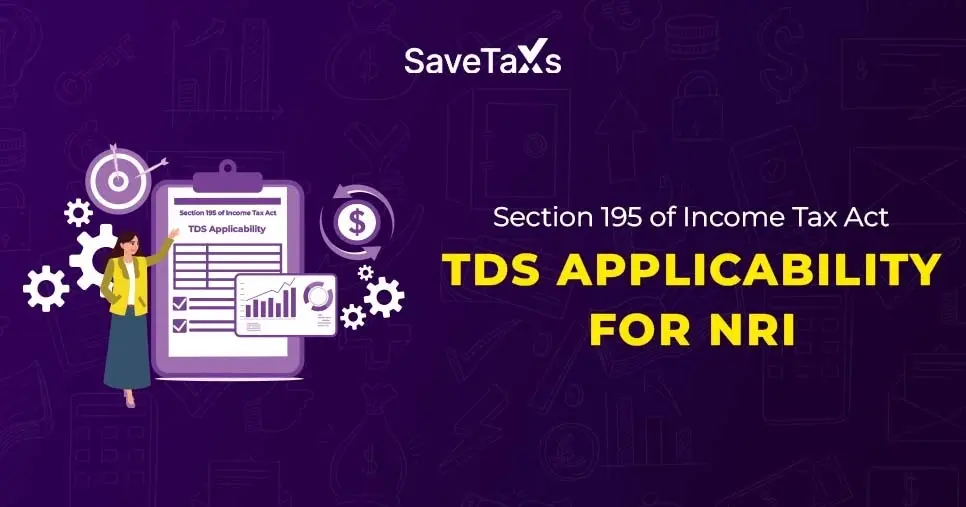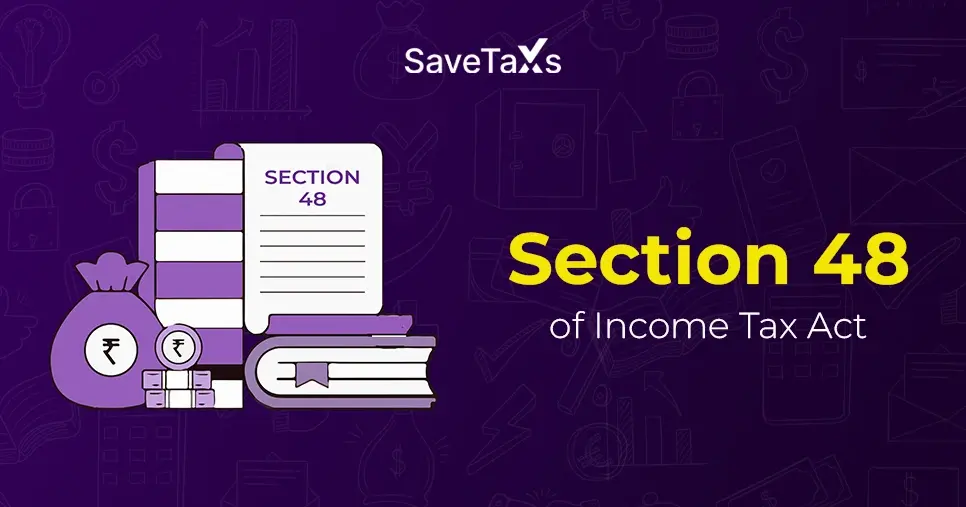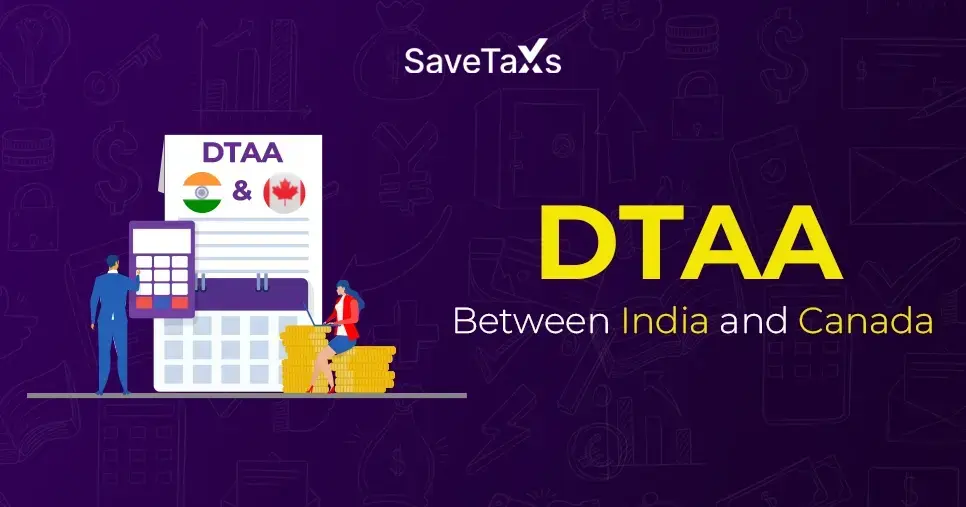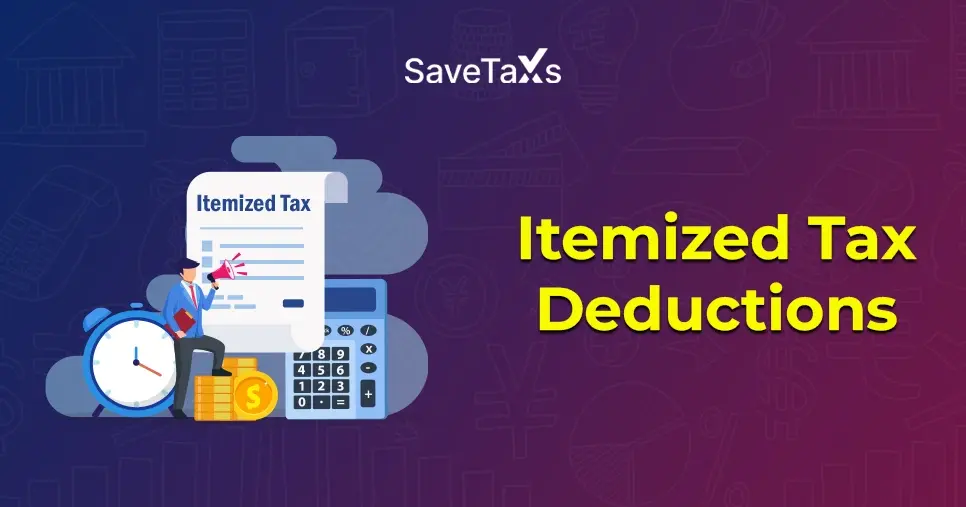People might miss deadlines intentionally and unintentionally as well. There are various reasons why taxpayers might not meet the original deadline for the tax year. It could lead to a failure to file penalty from the Internal Revenue Service (IRS). Any taxpayer who owes taxes and fails to file on time may face such a penalty.
So, the question is, what if you file taxes late? Keep reading this blog to know the penalties you will have to pay if you fail to file your taxes on time or don't file at all.
Key Takeaways
- If you fail to file your taxes by the April 15th deadline and wish to avoid penalties, consider requesting an extension. The extension will shift the date to October 15th, providing you with additional time. The extension will help you avoid the penalty of 5% due to failing to file.
- In case you have missed the deadline, try to file as soon as you can. It will help you minimize penalties as well as interest.
- The late filing penalties start at 5% of the unpaid balance monthly and can go as high as 25%. If not, set up an IRS installment agreement to minimize your penalty.
- To avoid underpayment penalties of the estimated tax, either increase withholding from your paycheck or make estimated payments every quarter.
- Ensure to hold enough funds to cover a check for your tax bill to avoid a penalty for a dishonored check.
What Happens If You File Your Taxes Late?
When you submit your federal income tax return after the due date, you attract a failure to file penalty. It occurs particularly if you have a balance due, unless you have a valid reason for late filing. Additionally, a failure to pay a penalty might apply if you owe money to the IRS.
If you file a federal income tax return past the deadline. Then, there is a high chance that you will either face a penalty or interest if you owe taxes. However, you won't incur a failure to file or pay penalty, nor will you accrue interest if you are:
- Expecting a tax refund
- Residing outside the country while serving in the military or in a specific federally declared disaster. Also, file and pay by your extended deadline. Military taxpayers working outside the country typically receive an automatic extension. They get an additional extension of two months to file their taxes. The IRS determines the postponement date for those in federally declared disaster-stricken areas.
In case you have a balance due, the IRS can impose both a late filing penalty and a late payment penalty. Additionally, the IRS charges interest on unpaid taxes from the due date of the late return until the payment is made. Let's break down these penalties further:
What are the Penalties for Filing Taxes Late and Failing to Pay?
So, you must be wondering what exactly the penalty is for late filing? Do not misunderstand it as a normal amount. Always remember, it is not a simple fee and might trigger your budget. It is vital to keep in mind that the rules for late tax filings can be affected by any penalties related to payments. Let's take a closer look at the details:
- Failure to File Penalty: This is 5% of the balance due for each month (or part of a month). It capped out at 25% of your unpaid tax as of the due date.
- Failure to Pay Penalty: This penalty is 0.5% of the unpaid taxes for every month (or part of a month) that the balance remains unpaid. Again, capped at 25% of your unpaid taxes.
As time passes, the way these tax penalties are assessed changes:
- For each month or part of a month, your tax return is overdue, the total maximum penalty is 5%. In this, 4.5% for late filing and 0.5% for late payment. It is for up to 25% of your unpaid tax at the time of filing.
- The late filing penalty only applies to the amount owed after the due date has passed. Assessing unpaid tax involves taking the total tax shown on your return and deducting the amounts already paid through withholdings. Also, estimated tax payments and any allowable refundable credits.
- If you don't pay your tax bill within five months, the failure to file penalty reaches its limit. Then, the failure to pay the penalty continues to accrue untill you pay off your tax bill. Also, capping at 25% of the unpaid tax.
- When both penalties apply simultaneously, the combined maximum total is typically 47.5%.
- If your return is more than 60 days late, the minimum penalty for filing taxes late is either $485 (for 2024). Or, the 100% of the tax due on the return, whichever is smaller.
How to Avoid An IRS Late Filing Penalty?
If you anticipate that you won't be able to meet the tax deadline, consider filing for a tax extension. This can be done by submitting IRS Form 4868. It will typically grant you an additional six months (until October 15) to file your return. It applies if you apply for the extension by the original due date of the return.
Keep in mind, it is vital to pay any taxes owed by the deadline to avoid IRS penalties. Usually, if you pay at least 90% of your owed taxes with the tax extension request, you can avoid a failure to pay penalty. Payments can come from amounts withheld or estimated payments made during the year. Additionally, payments that are made when you request the extension can also be included. You must settle any remaining balance by the extended due date.
Late filers might qualify for tax penalty relief through penalty abatement, provided certain criteria are met. To apply for an IRS first-time penalty abatement, you would need to contact the IRS by phone or in writing. You may qualify for penalty relief if you have not received any other IRS penalties in the last three years. It applies to both failure to file and failure to pay penalties.
To Conclude
Filing your income tax return on time is crucial to avoid penalties for late filing. Not missing the deadlines and filing on time ensures smoother processing and avoids any unnecessary hassles. If you want to know more about addressing IRS penalties. Also, if you have received an IRS notice and are unaware of the next steps.
Then, consider seeking help from a tax professional at Savetaxs. Our experts can assist with penalty notices and can guide you on ways to avoid them. Contact us today and avoid paying IRS penalties.

Mr Navneet brings in more than 12 years of experience as a US Tax and ITIN Expert. Additionally, he has expertise in accounting, finance, taxation, financial analysis, budgeting, and risk management.
Want to read more? Explore Blogs
Frequently Asked Questions
No matter what your source of income is, we've got you covered. There’s a plan for everybody!
Yes, if Your Return is More Than 60 Days Late, the Irs Will Impose a Minimum Penalty, Which Will Be the Lesser of:
- $485 (for 2024), or
- 100% of the Tax Owed
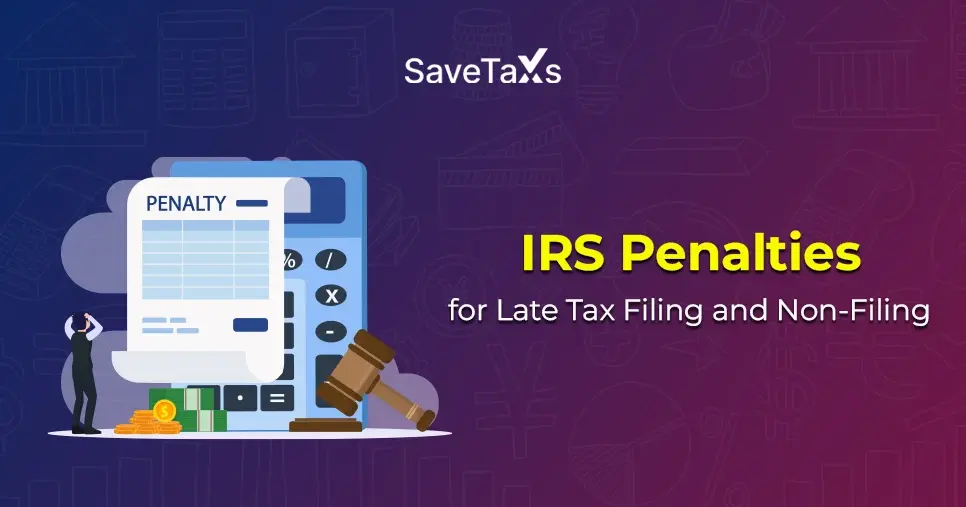
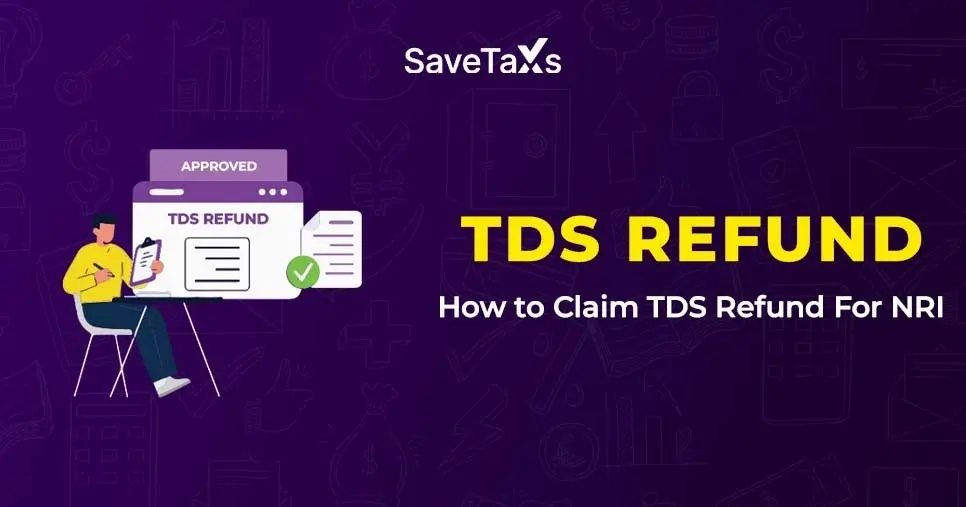
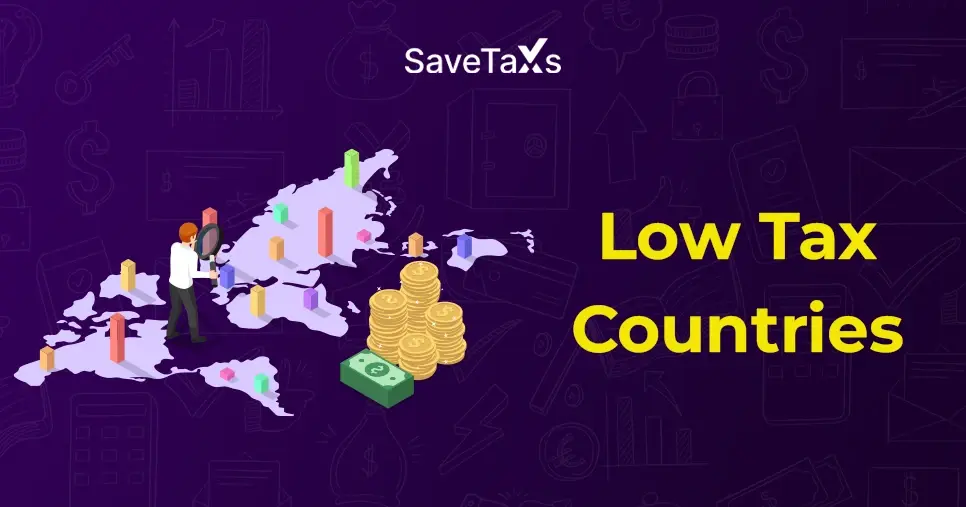
_1759750925.webp)

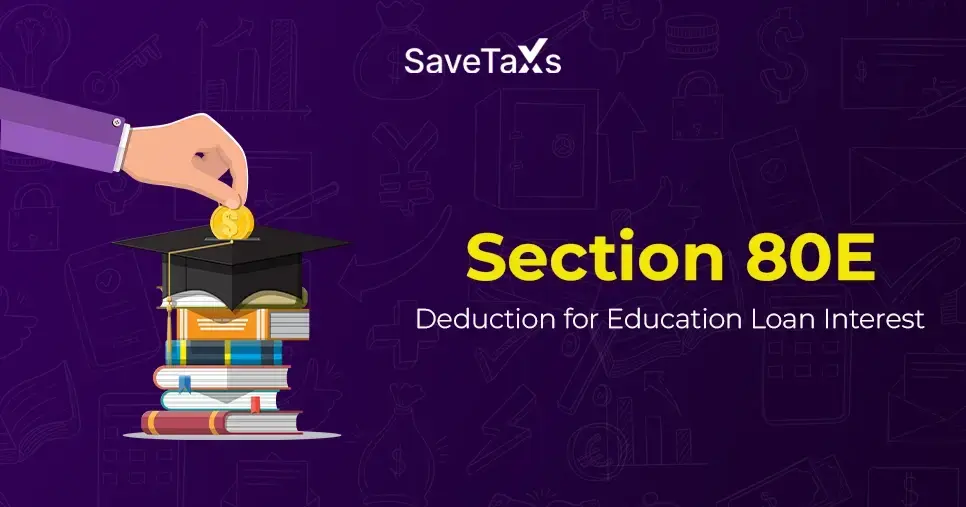

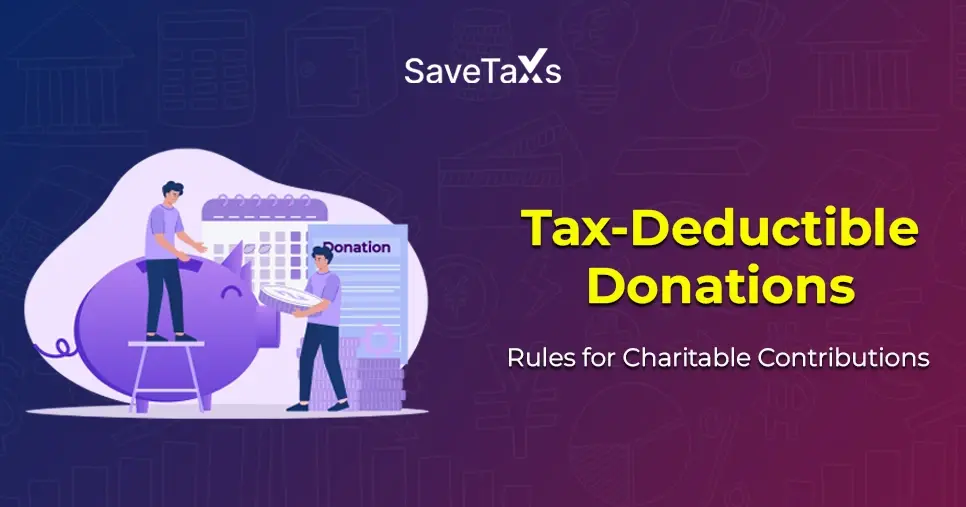
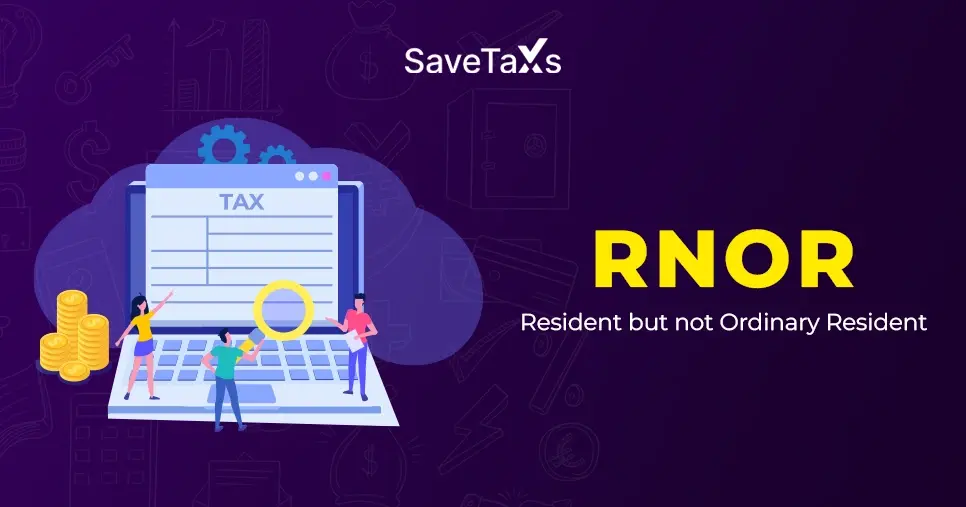
_1766129179.png)
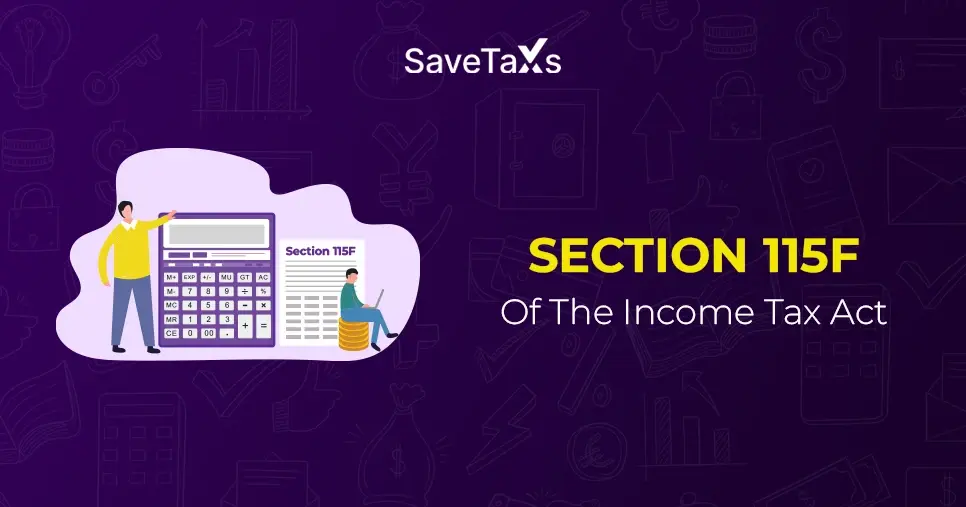
_1766561286.webp)
